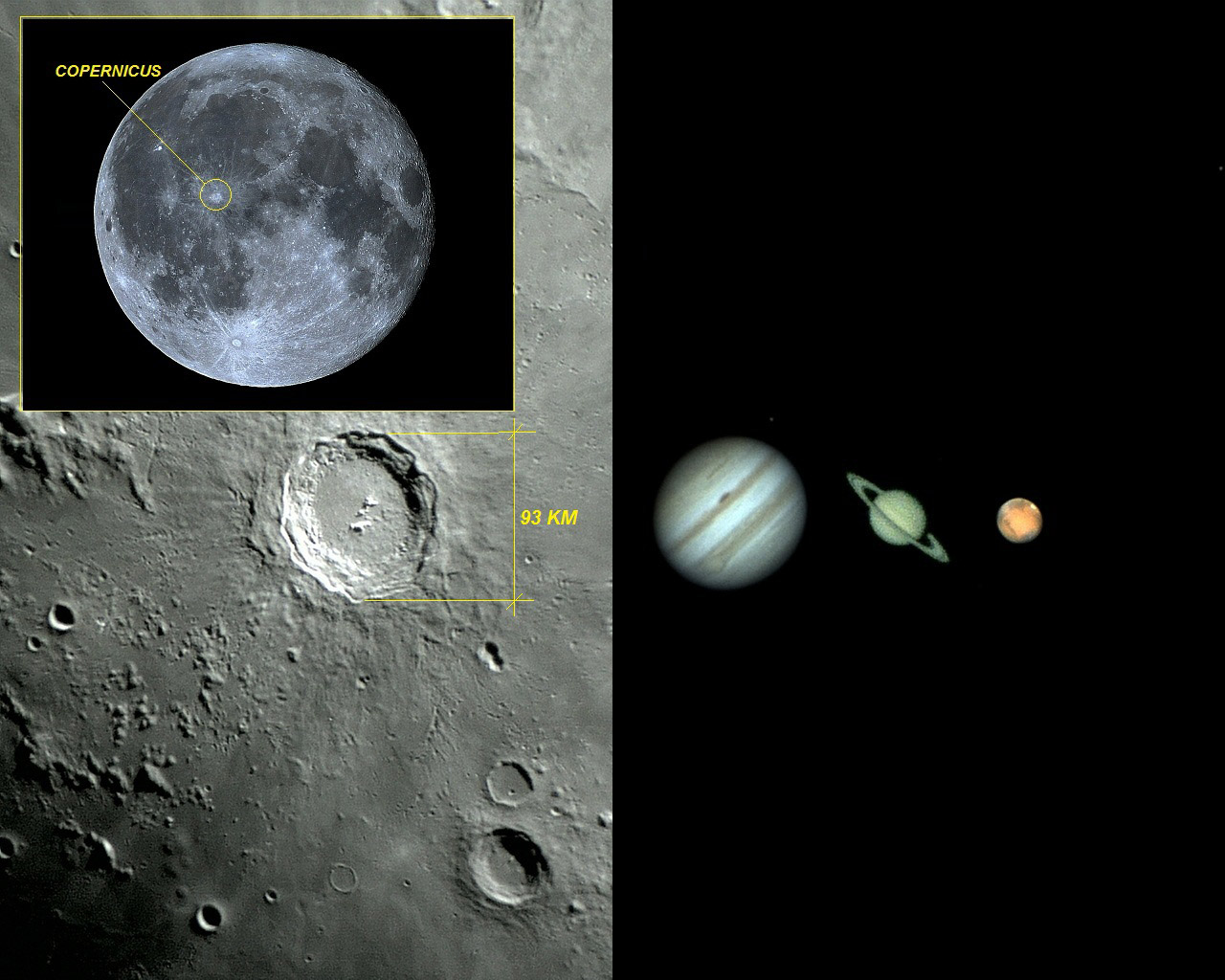Difference between revisions of "March 11, 2012"
| Line 3: | Line 3: | ||
<!-- ws:start:WikiTextHeadingRule:0:<h1> --> | <!-- ws:start:WikiTextHeadingRule:0:<h1> --> | ||
<!-- ws:start:WikiTextLocalImageRule:6:<img src="/file/view/LPOD-Mar11-12.jpg/309710098/LPOD-Mar11-12.jpg" alt="" title="" /> -->[[File:LPOD-Mar11-12.jpg|LPOD-Mar11-12.jpg]]<!-- ws:end:WikiTextLocalImageRule:6 --><br /> | <!-- ws:start:WikiTextLocalImageRule:6:<img src="/file/view/LPOD-Mar11-12.jpg/309710098/LPOD-Mar11-12.jpg" alt="" title="" /> -->[[File:LPOD-Mar11-12.jpg|LPOD-Mar11-12.jpg]]<!-- ws:end:WikiTextLocalImageRule:6 --><br /> | ||
| − | <em>image by [mailto:tolentino@fumec.br | + | <em>image by [mailto:tolentino@fumec.br Ricardo José Vaz Tolentino]</em><br /> |
<br /> | <br /> | ||
This picture shows the comparison of the sizes of Jupiter, Saturn, Mars and the crater Copernicus, when photographed by the same telescope and camera. It is important to note that Jupiter has about the same angular diameter of the crater Copernicus, which has 93 km in diameter. Therefore, our natural satellite is a huge extraterrestrial territory to be explored, keeping many surprises to be discovered.<br /> | This picture shows the comparison of the sizes of Jupiter, Saturn, Mars and the crater Copernicus, when photographed by the same telescope and camera. It is important to note that Jupiter has about the same angular diameter of the crater Copernicus, which has 93 km in diameter. Therefore, our natural satellite is a huge extraterrestrial territory to be explored, keeping many surprises to be discovered.<br /> | ||
<br /> | <br /> | ||
| − | <em>[mailto:tolentino@fumec.br | + | <em>[mailto:tolentino@fumec.br Ricardo José Vaz Tolentino]</em><br /> |
<br /> | <br /> | ||
<strong>Technical Details</strong><br /> | <strong>Technical Details</strong><br /> | ||
| Line 21: | Line 21: | ||
<br /> | <br /> | ||
<strong>Related Links</strong><br /> | <strong>Related Links</strong><br /> | ||
| − | Ricardo's [HTTP://www.vaztolentino.com.br | + | Ricardo's [HTTP://www.vaztolentino.com.br website]<br /> |
<br /> | <br /> | ||
<hr /> | <hr /> | ||
Revision as of 17:46, 11 January 2015
Cosmic Giant

image by Ricardo José Vaz Tolentino
This picture shows the comparison of the sizes of Jupiter, Saturn, Mars and the crater Copernicus, when photographed by the same telescope and camera. It is important to note that Jupiter has about the same angular diameter of the crater Copernicus, which has 93 km in diameter. Therefore, our natural satellite is a huge extraterrestrial territory to be explored, keeping many surprises to be discovered.
Ricardo José Vaz Tolentino
Technical Details
Dates / Times:
Copernicus: 07/10/2011; 21:54 Local Time;
Jupiter: 11/10/2011; 00:44 Local Time;
Saturn: 02/15/2011; 04:03 Local Time;
Mars: 02/26/2012; 23:53 Local time.
Telescope & Câmera:
SkyWatcher DOB 12" Collapsible;
ORION StarShoot Solar System Color Imaging Camera III.
Related Links
Ricardo's website



